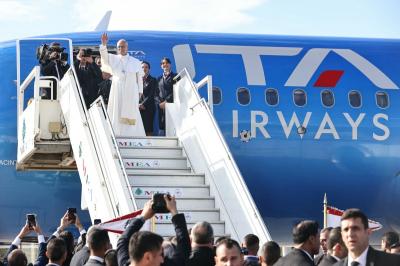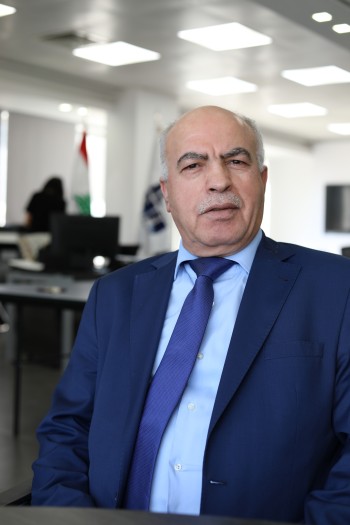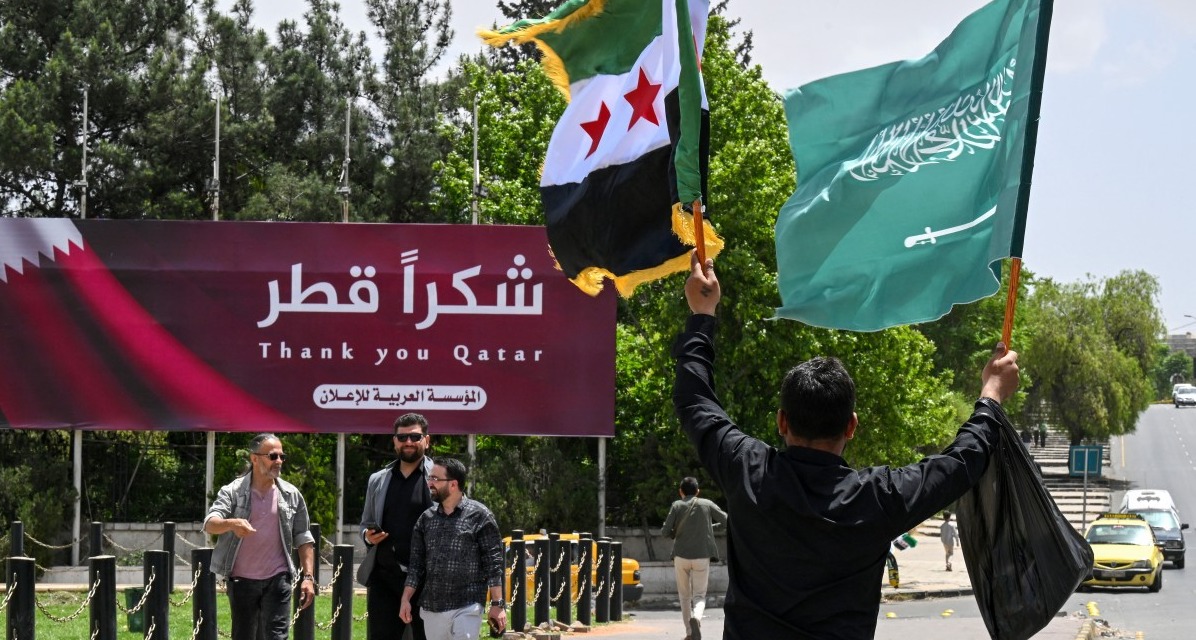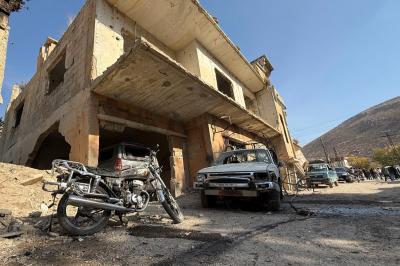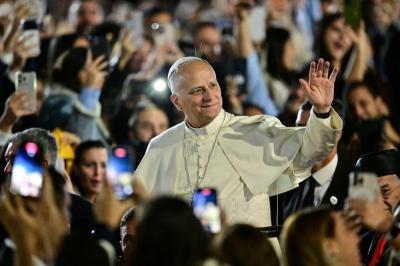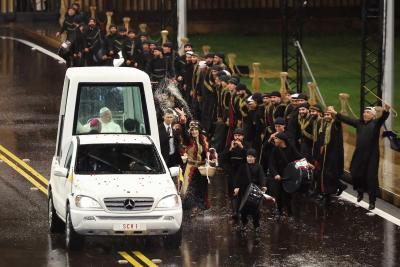U.S. President Donald Trump’s recent tour of the Gulf has sparked a wave of political reactions across the region, including Lebanon. The visit raised serious questions about what lies ahead, especially as it coincided with widespread reports of a growing rift between the U.S. administration and Israeli Prime Minister Benjamin Netanyahu over regional issues spanning Iran, Yemen, Iraq, Syria, Lebanon, and Gaza.
Trump’s Gulf trip came as he confirmed that U.S.-Iran nuclear negotiations—ongoing in Amman—are nearing a new agreement. Still, he left the door open for other options, including military action, should the talks fail.
One of the most significant developments of Trump’s visit was his announcement, made just before his Riyadh meeting with Syrian President Ahmad al-Sharaa, under the auspices of Saudi Crown Prince Mohammed bin Salman, that the U.S. would lift sanctions on Syria. This move, coupled with Trump’s harsh criticism of Iran for destabilizing the region, marked a key shift in tone. However, he did not shut the door to a future engagement with Tehran. Simultaneously, he praised the Lebanese government while blaming Hezbollah for Lebanon’s current crisis and promised support to help restore peace in the country.
Trump’s declaration that sanctions on Syria would be lifted was welcomed by Lebanese officials and politicians, who hope the decision will lead to the return of Syrian refugees to their homeland and open the door for Lebanon’s participation in Syria’s anticipated reconstruction. The hope also extends to long-promised U.S.-backed plans to import Egyptian gas and Jordanian electricity—projects seen as vital to revitalizing Lebanon’s struggling economy.
Still, some high-level Lebanese political and official sources expressed concern that these developments might come with strings attached—namely, a push to disarm Hezbollah. This remains a complex issue, especially considering Israel’s continued violations of UN Resolution 1701, its breaches of the ceasefire agreement, and its refusal to complete its withdrawal from the Lebanese border area as required. If disarmament was made a condition for progress, it could indefinitely delay the resolution of Lebanon’s crisis, the reconstruction of areas destroyed by Israeli aggression, the return of Syrian refugees, and the normalization of Lebanese-Syrian relations under Syria’s new leadership.
On a particular note, was the speculation that President al-Sharaa signaled a willingness to normalize relations with Israel—a notion that raised both interest and alarm. Just hours before their meeting, Trump had declared that the Abraham Accords would expand and that Saudi Arabia would normalize ties with Israel at its own time.
This brings the question: how will Lebanon, a staunch opponent to normalization, respond if Syria joins the growing list of Arab countries establishing ties with Israel, especially amid revelations of secret talks between Damascus and Tel Aviv before Trump’s regional visit?
According to informed sources, the interpretation of Trump’s decision to lift sanctions on Syria may be overblown—even by Trump himself. As they point out, the president does not have absolute authority in such matters. Most sanctions remain in place under the Caesar Act, meaning Trump can only lift measures within the scope of his executive powers, which do not include congressional sanctions—those most eagerly hoped to be lifted by Syrians.
As for Lebanon, before it considers its future relationship with Damascus, it must first wait to see the outcome of Syria’s political transformation and the new regime’s stability, both politically and geographically. Political analysts believe Lebanon missed a crucial opportunity to benefit from regional developments due to its failure to swiftly recalibrate its relationship with Syria. The Palestinian cause, once the epicenter of regional and global focus, has now been overtaken by Syria, while interest in Lebanon has waned. This is largely due to unstable Lebanese-Syrian ties and a lack of responsiveness from the Syrian side.
Syria's current leadership appears indifferent to Lebanon. Just days ago, President al-Sharaa thanked all Arab and international actors for their efforts on the refugee issue and their support for the new Syria, without once mentioning Lebanon, although it has hosted Syrian refugees like no other country.
Under the previous regime, Syria stood as a barrier between Lebanon and the Gulf states and Turkey. Today, under al-Sharaa, it has become a bridge connecting these three parties. This reflects the high-level regional and international attention Syria is receiving—a level of focus that is only expected to intensify in the coming period, raising major questions about Syria’s future and, consequently, Lebanon’s.
Please post your comments on:
comment@alsafanews.com
 Politics
Politics
